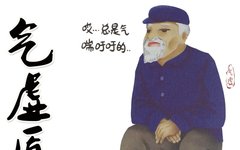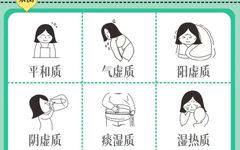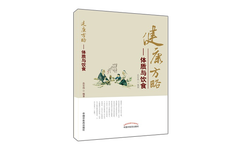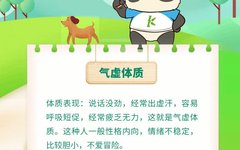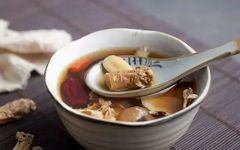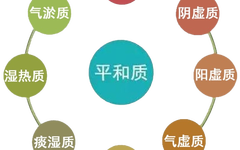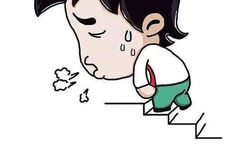Understanding Your Constitution: Qi Deficiency Constitution
Constitution——Qi Deficiency Constitution Traditional Chinese Medicine Qi Deficiency Constitution in TCM Definition of Qi Deficiency Constitution The state of constitution characterized by insufficient Qi in the body, with weak breath and low organ function, is referred to as “Qi Deficiency Constitution”. Manifestations of Qi Deficiency Constitution Individuals may appear thin or slightly overweight, have a … Read more

